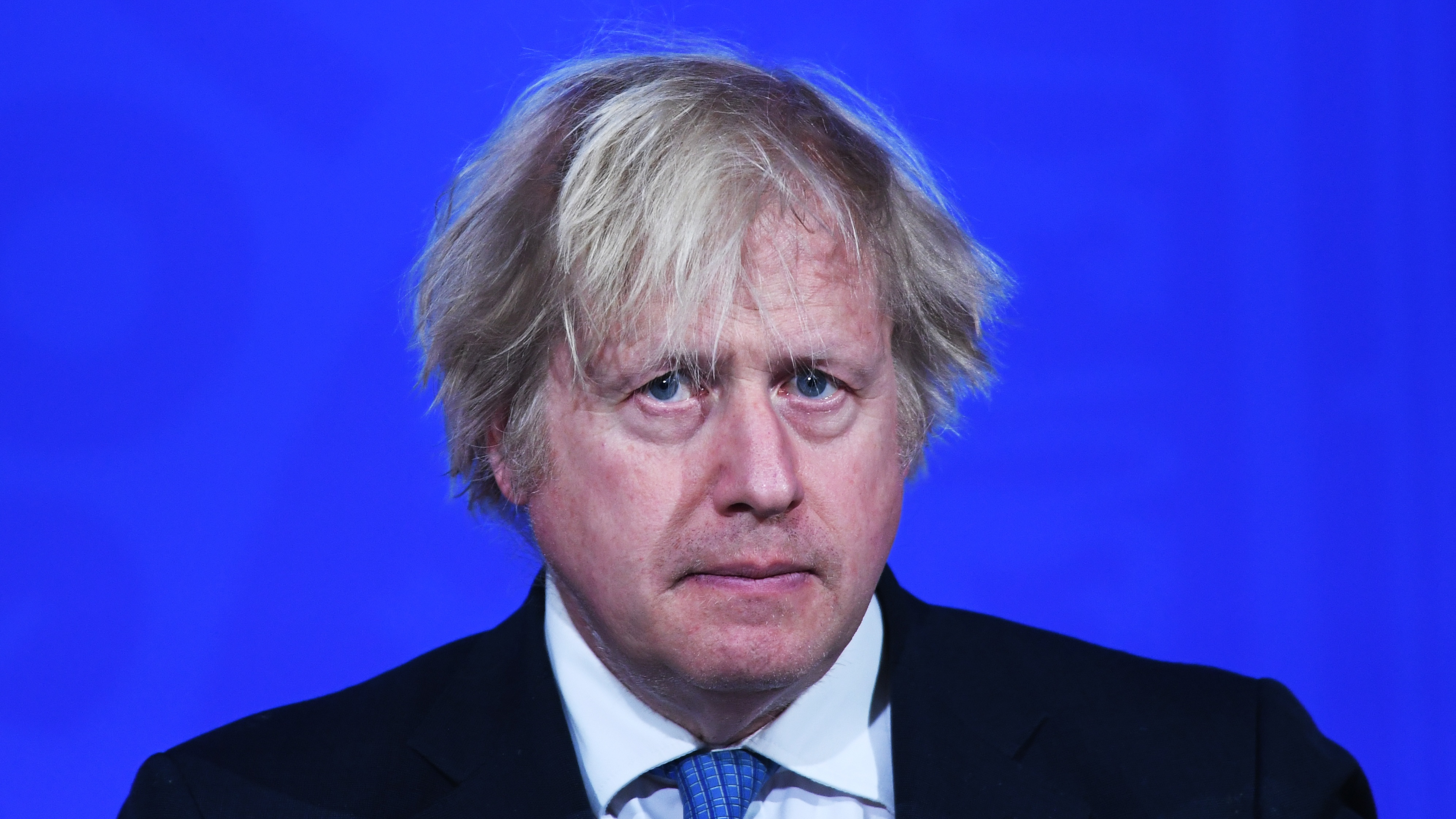‘Vaccine passports are heading from unthinkable to unstoppable’
Your digest of analysis and commentary from the British and international press

A free daily email with the biggest news stories of the day – and the best features from TheWeek.com
You are now subscribed
Your newsletter sign-up was successful
1. Johnson is in trouble over vaccine passports – and it’s showing
Fraser Nelson in The Spectator
on vaccine passports
“The biggest question facing Boris Johnson is the future of his so-called vaccine passports,” writes Fraser Nelson in The Spectator. “A few months ago, the idea was dismissed by No. 10 as ‘discriminatory’.” But fast-forward to now and, “without debate or democratic scrutiny, vaccine passports are quickly heading from unthinkable to unstoppable”. The conclusion of the government’s first lockdown review, published this weekend, “primarily looks at vaccine passports and international travel”, Nelson continues. “It clearly says that vaccine identity cards could be demanded ‘in hospitality settings’ - in other words, in pubs.” And that means that “contrary to what some of the weekend papers had been briefed, a passport for the pub is a live idea”.
The Week
Escape your echo chamber. Get the facts behind the news, plus analysis from multiple perspectives.

Sign up for The Week's Free Newsletters
From our morning news briefing to a weekly Good News Newsletter, get the best of The Week delivered directly to your inbox.
From our morning news briefing to a weekly Good News Newsletter, get the best of The Week delivered directly to your inbox.
2. Schools need help to spot the ‘lost Einsteins’
Rachel Sylvester in The Times
on the school children missing out
“The ‘lost Einsteins’ are the missing geniuses of their generation whose talents are being wasted by a flawed and unfair education system,” writes Rachel Sylvester in The Times. Such divisions are “entrenched” in our society, but “the coronavirus crisis has made matters worse”, she writes. “Analysis by Lee Elliot Major, professor of social mobility at Exeter University, found that the pandemic is likely to lead to an 11% decline in social mobility.” So what lessons will Boris Johnson take from these findings? “The true test of the prime minister’s promise to 'build back better' is how he approaches education and whether he does enough to find the lost Einsteins,” Sylvester concludes.
A free daily email with the biggest news stories of the day – and the best features from TheWeek.com
3. Sleaze fells Tory governments – and that should be a gift to Keir Starmer
Polly Toynbee in The Guardian
on Tory cronyism
“Sleaze is what fells Tory governments, and this government has handed Labour one sledgehammer after another,” writes Polly Toynbee in The Guardian. There is “no escape from the stink” of the scandal surrounding David Cameron and Greensill, which amounts to “a breathtaking abuse of the highest office” if the former prime minister stands to make a hefty profit from his lobbying for the finance firm. “He only broke no law because he left a loophole in his weak anti-lobbying rules big enough to climb through,” Toynbee writes. But “here’s where patriotism bites: cronyism kills Britain’s prized self-image as ‘clean’ and ‘uncorrupt’. Here’s where Labour can lay claim to the union flag – to clean it up: no more British tax havens laundering global dirty money. No more crony contracts for chums.”
4. ‘Who you know’ is fundamental in politics
Charles Moore in The Telegraph
on personal contacts
“David Cameron’s engagement with Greensill, the supply-chain financier, does not look good,” writes Charles Moore in The Daily Telegraph. “But one must challenge the orthodoxy that it is automatically against the public interest if powerful people try to influence government. That moralistic position is encapsulated by the complaint: ‘It’s not what you know, it’s who you know.’” Knowing the right people “often matters, mostly for legitimate reasons”, , Moore writes, and it “matters most in an emergency”. After all, “how could Churchill have won the War without his web of ‘irregulars?’” And in another, more current, example, “how could Britain have chosen the right vaccines in time if Boris Johnson had not known Kate Bingham, his Oxford contemporary and wife of one of his ministers?”
5. Lockdown loneliness is here to stay
Jennie Bristow on UnHerd
on a loneliness epidemic
“Before Covid, few believed that the British people would accept population-wide restrictions for over a year,” writes sociologist and author Dr Jennie Bristow on UnHerd. “Yet official concerns over whether we would obey the rules swiftly dissipated as it became clear that a national lockdown was not only the most effective way forward, but also the most popular one.” Regardless of whether you “buy into fusty caricatures of the plucky, liberty-loving Brit”, there is “something rather troubling in this”, Bristow continues. “It is not that we have suddenly become a nation of introverts; nor, given all the low-level rule-flouting that has been going on, does it appear that we have actually stopped seeing our nearest and dearest. Instead, we seem to have tacitly embraced loneliness as a way of life.”